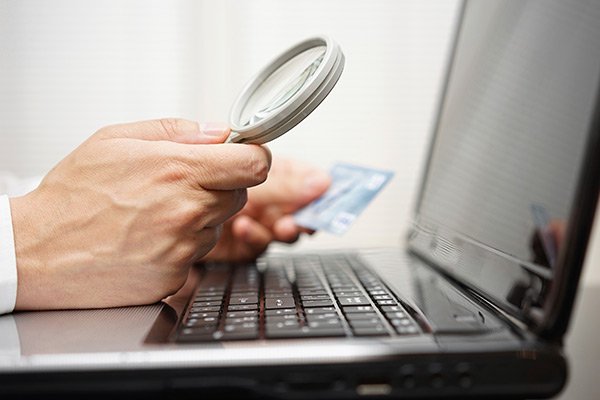 The internet is a wonderful tool. For businesses, the internet helps facilitate communication with customers. For consumers, the internet is most popularly used for digital media and online shopping. While the internet has been around for decades, network security should remain a top priority to businesses and consumers alike as hackers have perfected their tactics in order to gain access to your personal information.
The internet is a wonderful tool. For businesses, the internet helps facilitate communication with customers. For consumers, the internet is most popularly used for digital media and online shopping. While the internet has been around for decades, network security should remain a top priority to businesses and consumers alike as hackers have perfected their tactics in order to gain access to your personal information.
If you’re a victim of an information breach, more than your financial information could be at risk. For example, consider the Ashley Madison data breach, which resulted in its member’s dirty laundry being aired for anyone on the internet to see. Here are some internet safety best practices that will ensure your systems stay safe and secure:
Managing Your Online Identity
Most hackers aren’t using password cracking utilities to gain access into your online accounts; they’re targeting the password reset feature in order to generate a new password for your account (yep, it’s that simple). If a hacker has gained access into your primary email account, you’ve essentially given up the keys to your kingdom.
How you manage your online identity can help keep you safe from such attacks. Here are a few guidelines to go by when managing your online identity:
- Utilize two factor logins whenever possible
- Be mindful of the personal information you share on social networking websites
- Never use the same password for all of your usernames
- Always setup text alerts on accounts involving financial information
- Request to be removed from public information websites such as ZoomInfo
- Consider creating a throwaway email account for non-essential website signups
- Utilize a password manager program, such as KeePass (it’s free!)
- Pay for items using online wallets such as PayPal
- Never enter your credit card number on websites that don’t have a valid SSL certificate
Social engineering is a large part of today’s hacking culture. Several successful attacks have been formulated by harvesting information that is freely available about a person online.
For example, if the secret answer to the challenge question you setup is “What is my pet’s name?” and your Facebook picture shows you holding your dog named Fluffy, a hacker could easily deduce that the answer to your challenge question is Fluffy and just like that, your personal information could then be at risk.
Always Use Antivirus and Antimalware Products
Malware is maliciously coded software that disrupts a computer’s normal operation. Malware is a favorite tool of hackers because the malicious code will typically scan your system for sensitive information in efforts to send it back to the creator of the software. Systems can get infected by malware using a variety of different techniques, but it is most commonly distributed through:
- Hacked websites
- Exploitable out-of-date browser plugins
- Malicious advertisements on websites
Sometimes, the terms malware and virus are used interchangeably but they are, in fact, different. A virus is a type of malware that attempts to send copies of itself to other computer systems. Malware and viruses can be embedded within programs that you may believe are safe to download and execute. Even if you believe a program is coming from a trusted website, you should always virus scan every file you download from the internet before opening it. If you do happen to open a questionable file and your virus scanning suite finds no detections, you may want to run a malware scan on your system just to be safe.
If you have any worries about your network security, please call us at (833) 482-6435, or click the banner below to schedule an IT security audit so we can find the best security solutions for your business. Preparation for threats like this is a small cost compared to repairing the damage of an actual infection.
If you enjoyed this IT Support article, please check out other posts on our blog and join us on Facebook, Twitter, LinkedIn, and Google+ to see how else we can help your Greenville, SC or Atlanta, GA area business succeed!

